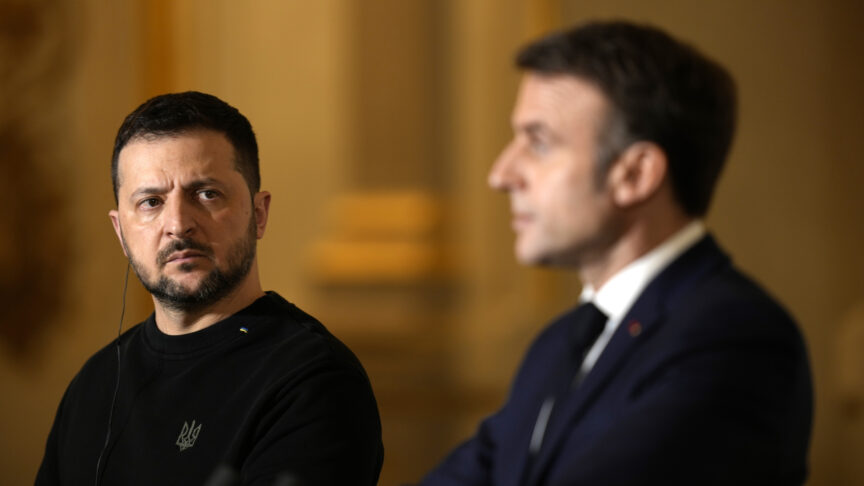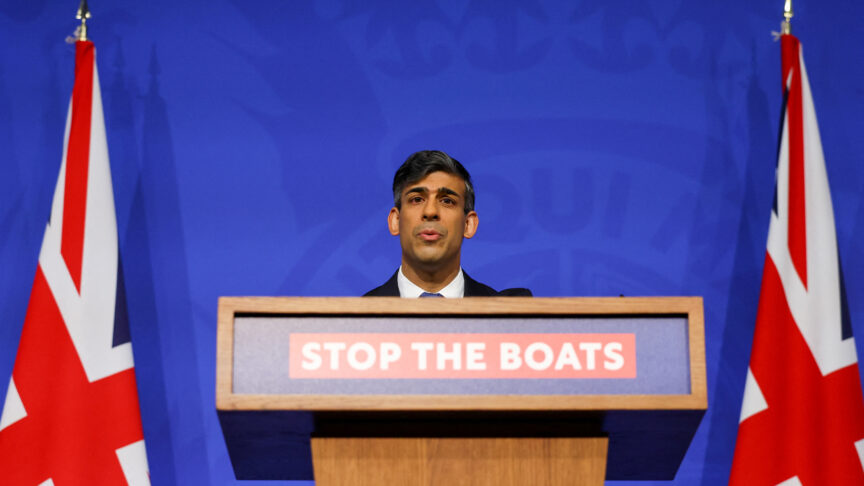Exiting Africa?
The Congo crisis demonstrated the UN’s limitations, but its longest-lasting effect may be to mark the end of European military interventions in Africa
This article was published in the European Voice on 24 November 2008.
The bloodshed in Congo may mark the end of European military interventions in Africa; the EU now has to work out how better to integrate its efforts with those of the UN and other peacekeepers.
The eastern Democratic Republic of Congo remains unstable. The rebels that control much of the region are honouring ceasefires in some areas. Fighting continues in others.
The situation could still deteriorate. But some implications of the crisis are already clear. The UN has looked weak. Its friends in the EU have seemed confused. The very idea that the international community has a duty to protect the vulnerable has suffered badly.
The people of the eastern Congo – over 250,000 displaced and an unknown number of dead – may come to be remembered as victims of the first war of the financial crisis.
This autumn, as alarm over the security situation in the region turned into grim certainty that major violence loomed, international leaders were focused on their imperilled banks.
In Brussels, an advocate of engagement with the Congo told me that “the timing could not be worse”. An expert on the peacekeeping force lamented that David Miliband and Bernard Kouchner – the British and French foreign ministers – might have headed off trouble if they had gone to Africa early on.
Miliband and Kouchner have both made strenuous efforts to make up for lost time since the bloodshed peaked. But in capitals and at UN headquarters in New York, diplomats worry that the financial chaos means that they can no longer afford UN peacekeeping.
The organisation’s operations cost over $7 billion a year, with $1 billion going to Congo.
That’s arguably a remarkably cheap price-tag for 100,000 personnel worldwide.
Although the Security Council authorised 3,000 extra personnel for Congo on Wednesday – six weeks after they were first requested – the UN will face pressure to make cuts elsewhere to compensate. One casualty may be the idea of a UN force for Somalia, which peacekeeping experts already thought dangerous given the violence there.
The damage to the UN is not only financial. African governments – which have accepted UN operations across the continent and borne the brunt of peacekeeping in Darfur – have been left wondering if the organisation can meet their interests. India and Pakistan, whose troops are on Congo’s frontlines, will reassess whether the risks involved are worthwhile.
But the UN has come through horrific peacekeeping failures before and often emerged stronger, or at least wiser. The disasters of Rwanda and Bosnia in the 1990s spurred a major bout of internal reform. Recent events may stimulate a period of soul-searching about how missions are equipped, where they go and what they can realistically achieve.
These are hard questions – but not as hard as those Europeans should be asking themselves. The Congo crisis demonstrated the UN’s limitations, but its longest-lasting effect may be to mark the end of European (and specifically EU) military interventions in Africa.
There have been calls for EU troops to back up the UN in Congo, as they did in 2003 and 2006 – not only from the standard European NGOs but some groups in Congo itself. But most EU governments have been far too worried by the risks and costs to let this happen.
That should not have been a surprise. In October, the French foreign ministry hosted a three-day conference on EU-UN cooperation in peacekeeping. Much of it was fascinating, but it was most memorable for warnings about what the EU could not do.
Senior officials were particularly keen to highlight that the EU is not, and cannot be, the “strategic reserve” for the UN. If there was any doubt of that, Congo has shown they were right.
If the EU is not going to deploy to Africa to help the UN, is it going to go to Africa at all? While the largely French European Security and Defence Policy (ESDP) mission in Chad is performing well enough after a bad start, contributors have been insistent that it hand over to the UN after a year in March.
And that might be that. African governments are increasingly critical of EU missions on the continent, not least because their limited goals could often be met by African troops.
Many advocates of a stronger EU defence identity share that analysis. They’d like to see the EU worry less about patrolling refugee camps with infantry and more about patrolling the skies with new-generation warplanes. Russia’s belligerence has helped their cause.
Above all, the financial constraints already looming over the UN will have a severe impact on European operations too. Afghanistan and Iraq have already put a great deal of strain on many European forces. Talk of “missions we can’t afford” will now proliferate.
Tragically, the eastern Congo is near-certain to remain trapped in that category.
The EU, to adapt a famous Hollywood line, has got to know its limitations. That does not mean turning away from Africa completely. The EU has to investigate how to integrate itself more effectively with the UN and other peacekeeping players like the African Union, offering them better planning, intelligence, logistics support – and, yes, financing.
That isn’t an easy sell during a financial crisis. But the price of inaction will be more Congos.
The European Council on Foreign Relations does not take collective positions. ECFR publications only represent the views of their individual authors.


